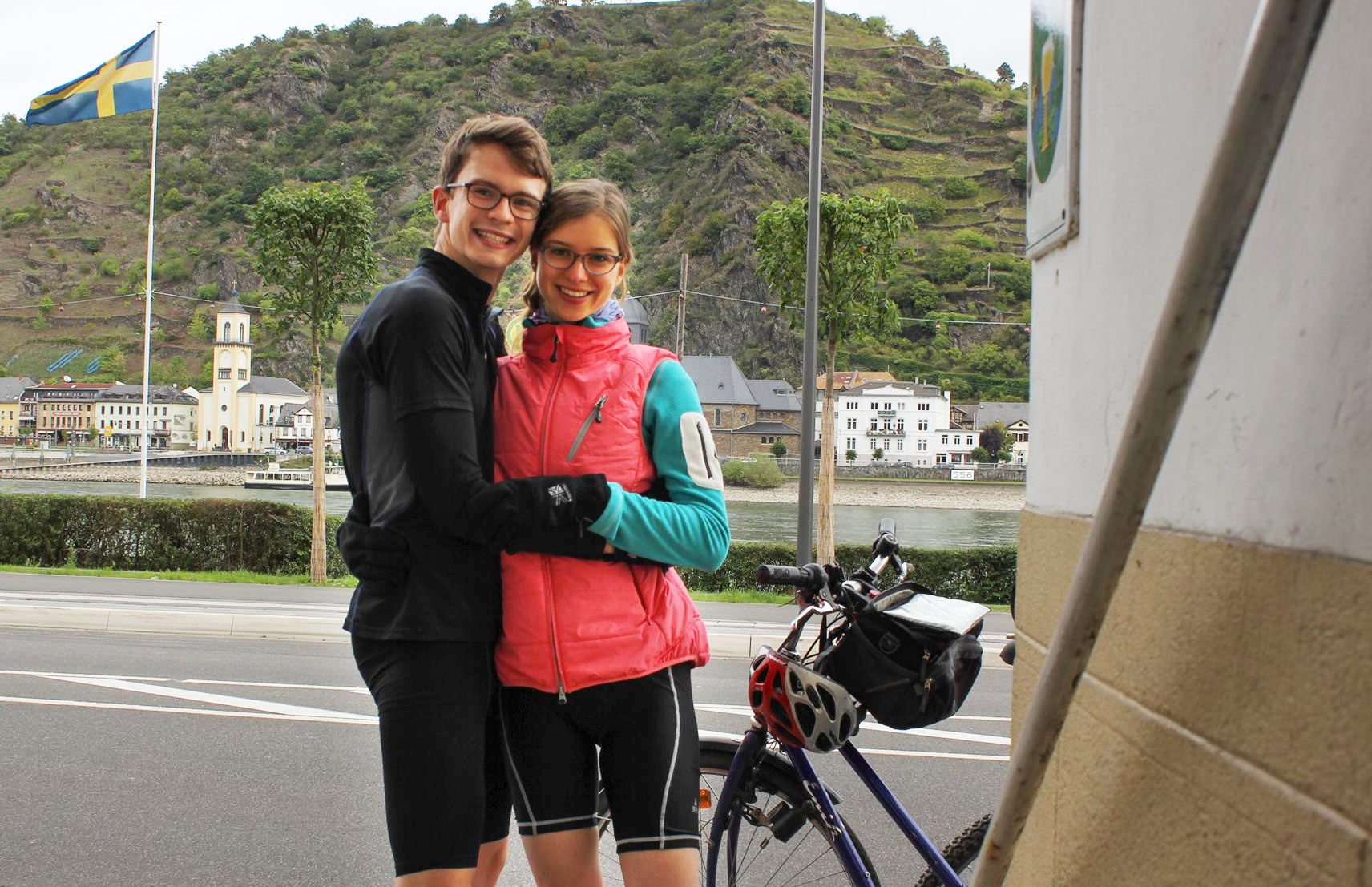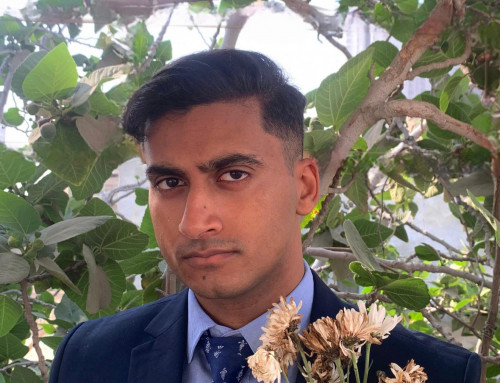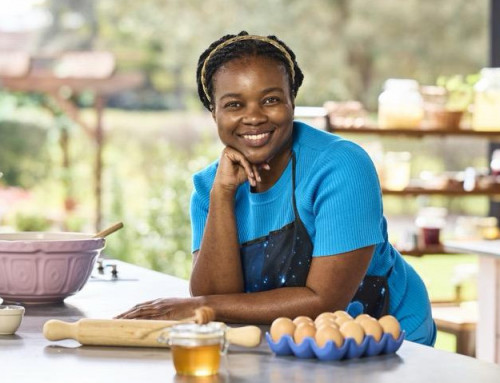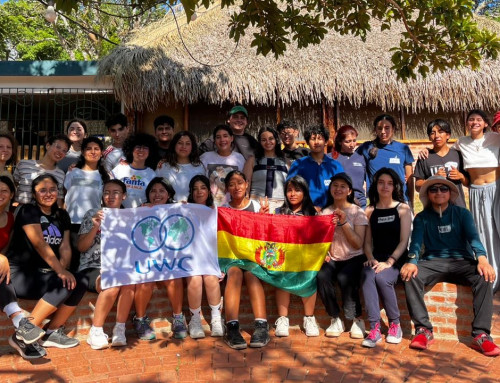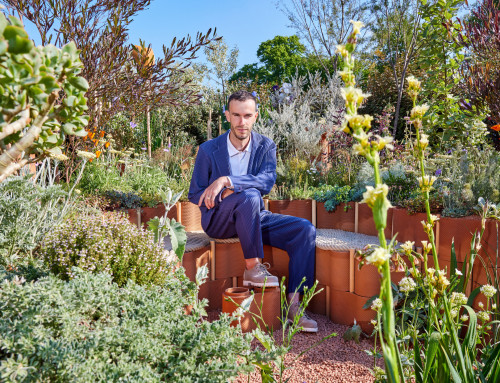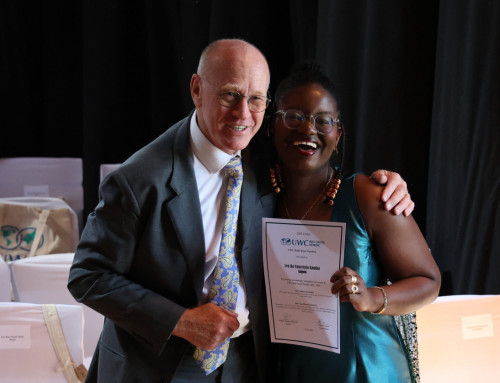I still have not shaken off the idealism that two years at a UWC foster, almost without fail, among its students: the conviction that we can work towards a society in which people from different backgrounds can live together peacefully and benefit from each other’s wisdom and experiences in a way that challenges their preconceived notions. I am still convinced that openly acknowledging differences and thus diversity, and staying curious about people whose backgrounds are unlike our own, facilitates innovation or improves our ability to solve problems, while also instilling within members of diverse communities a sense of humble agency and courage – citizenship.
When I graduated from RCN in 2011 and began my degree in Experimental Psychology at the University of Oxford, I found that the world beyond the UWC bubble was certainly nothing like that ideal society and yet it often did not seem to care much for less isolationism or more diversity. I also realised that the pain of the world is harder to bear when you know people from “places in the news”. As I got bogged down in my university studies – Neurophysiology, Statistics, Developmental Psychology, Psychophysics, etc. – some of these musings faded into the background and the immediate benefits of two intense years at UWC were primarily of an academic nature. Having been a rather study-minded student at RCN, I felt comfortable writing essays, constructing an argument, defending my point in debate, and working late hours.
However, in my second year as an undergraduate, I came across the area of Social Psychology, specifically the psychological study of inter-group conflict and research on how knowing people from other groups can reduce prejudice and improve relationships. Many Psychology students, myself included, will tell you that studying behaviour and cognition is rewarding because it helps us make sense of the everyday human experience. That sense of relief and inner coherence that I felt when, halfway through presenting my social psychological undergraduate research project, I suddenly realised that I had come full-circle since my UWC years, remains unparalleled by any other learning experience throughout my degree.
Unsurprisingly, I spent the following five years focussing my studies increasingly on the question of how increasing societal diversity affects inter-group relationships and how to reduce prejudice. I am now back at Oxford writing my doctoral thesis on the potential of individuals of mixed background, including people with multiracial or multicultural identities, to build bridges between segregated parts of societies. Together with colleagues from all around the world, I then seek to translate some of this research into policy recommendations – recently for the Mayor of London – and into support for charities that deliver programmes to facilitate social integration.
Today, eight years since I first arrived at RCN, I think about these two years often and my reflections are tinged by what I now know about group identities and inter-group processes. I understand better now that, in order approach that “ideal pluralist society”, it is not enough to create diverse environments. Rather, I would argue that the true potency of the UWC environment lies in the constant salience of group identity, the reluctance to revert to a cosy colour-blind approach, and the experience that we can be different and yet have a lot in common.
A couple of days ago, I went through some old files in my childhood bedroom and re-discovered a mock award given to me by my peers at the RCN graduation party in 2011: “Most likely to become an IB teacher”. At this stage in my life, that seems rather unlikely, and yet I am keen to keep engaging with RCN with my education-hat on. Recently, I returned to Flekke for the first time since that graduation party and, to my relief, I found the place as compelling in reality as it was in my memories. My hope is that RCN continues to be a place where we practice overcoming the challenges and learn to value the rewards associated with living in heterogeneous communities.
For profiles and news of other students and alumni, click here.

